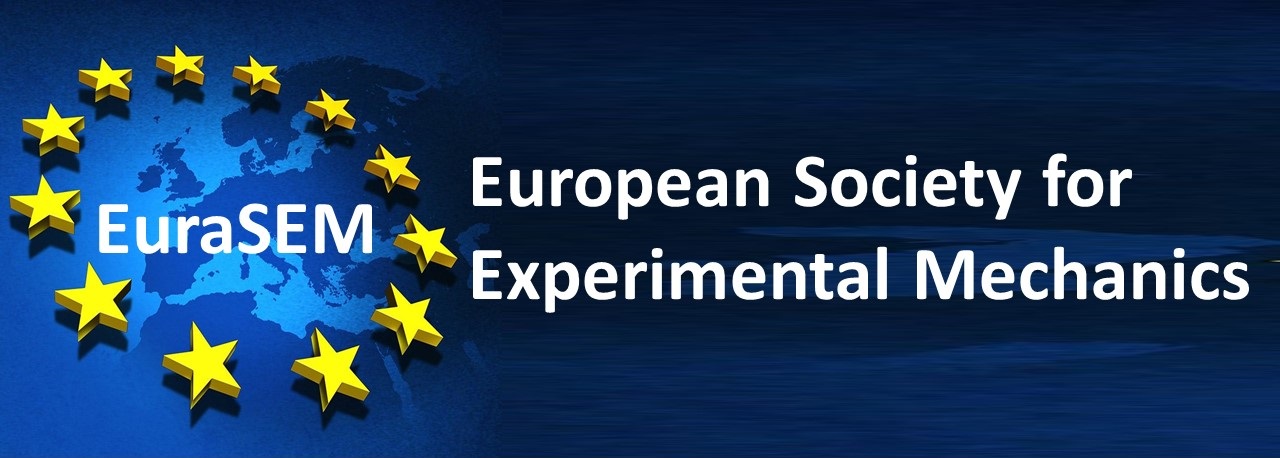ORIGIN AND ORGANISATION
The Stress Analysis Group of the Institute of Physics was established in the UK in 1946 for the purpose of providing a means of sharing information on research and developments in the field of experimental stress analysis and related topics. In 1959, with the help of The Netherlands Organisation for Applied Scientific Research (TNO) and with the active cooperation of organisations in France, Germany (see footnote, Table 1) and Switzerland, the Group organised the Delft international conference. Following a discussion amongst the conference organisers, a meeting of national representatives was convened in Düsseldorf by Professor H. Fessler, UK, for the purpose of confirming the venue for the next conference and setting up an organising body for the conference series. A further meeting was held during the Paris conference in 1962 and at the next conference (Berlin, 1966) a formal constitution document was agreed for the Permanent Committee for Stress Analysis (PCSA), comprising representatives from twelve European countries and Israel. The modus operandi was that the PCSA should choose the venue for the four yearly conference. The appropriate body in the host country then took on responsibility for all aspects of the conference including publicity, organisation, selection of papers and publishing of the proceedings volume. The Chairman of the organising body became the Chairman of the PCSA with the responsibility of confirming and maintaining membership of the Permanent Committee, communicating with members and convening the next PCSA meeting at the forthcoming conference. The Permanent Committee could meet between conferences, at the request of the current chairman, for the purpose of offering comments and suggestions to the organisers. It has to be said that, by and large, the working of this scheme has been entirely satisfactory.
Some constitutional changes and innovations have been made over the years.
At the 1974 meeting of the PCSA in Udine an “information exchange” with the American Society of Experimental Stress Analysis (SESA) was agreed and that body played a valuable supporting role in the Munich conference (1978) and in all subsequent conferences. Some constitutional changes were made in 1982 at the Haifa meeting but the modus operandi was not affected. At the Amsterdam meeting (1986) the objectives and interests of IMEKO (the International Measurement Confederation) were outlined to the Permanent Committee; it was also agreed that the title of the committee should not be changed but that the conference should be known in future as the International Conference on Experimental Mechanics, the ICEM. The Japanese Society of Mechanical Engineers (JSME) was welcomed as co-sponsor of the Copenhagen conference (1990) and has made a greatly appreciated contribution to the conferences since then. Also at the 1990 PCSA meeting, it was agreed that the committee name should be changed to the European Permanent Committee for Experimental Mechanics (EPCEM).
Most recently, proposals for a new constitution, prepared by a EPCEM Working Group, were debated at length at the Oxford meeting of the committee in 1998. The proposals were eventually approved with agreed amendments. From the date of the revised constitution (August 1998), in which the objectives of the committee and the responsibilities of its chairman were clarified, the EPCEM became known as the European Association for Experimental Mechanics (EURASEM). The conference title and the basic modus operandi remained unchanged.
In July 2007, the Permanent Committee of EURASEM agreed to create a new society based on the previous organisation and composed of individuals to organise and strengthen the European Experimental Community. It has been decided to proceed to the dissolution of EURASEM at the Permanent Committee Meeting of March 2008 and to propose a new Constitution to launch a new organisation called EuraSEM. EuraSEM is a new organisation, building on the past and preparing for the future, therefore EuraSEM wishes to acknowledge the important role of those who laid the foundations of EURASEM and worked for the achievement of its objectives.
During the Permanent Council meeting in Lausanne, Switzerland on March 14, 2008 it was decided to launch a new society namely ‘The European Society for experimental Mechanics’ keeping the same acronym ‘EuraSEM’.
